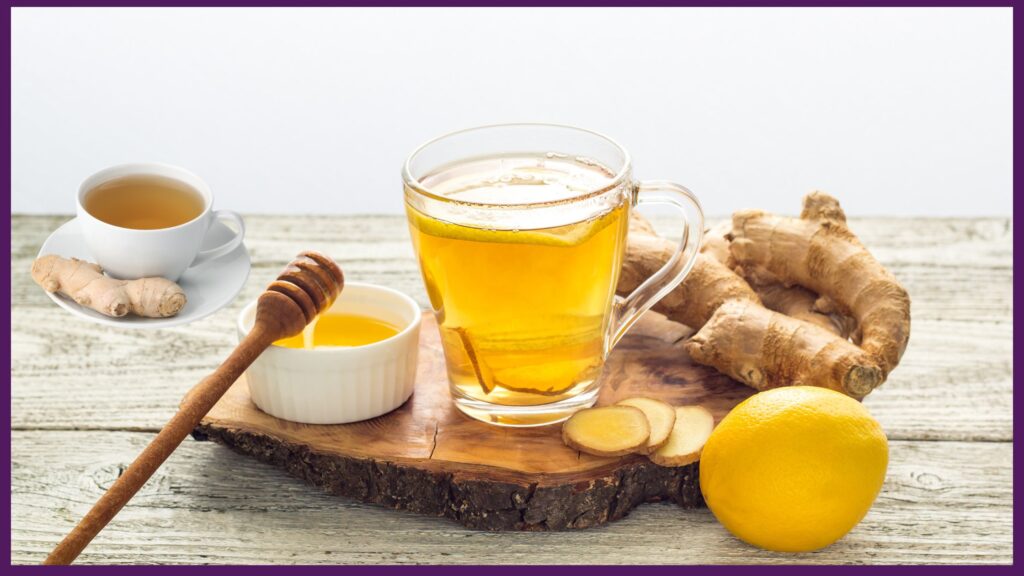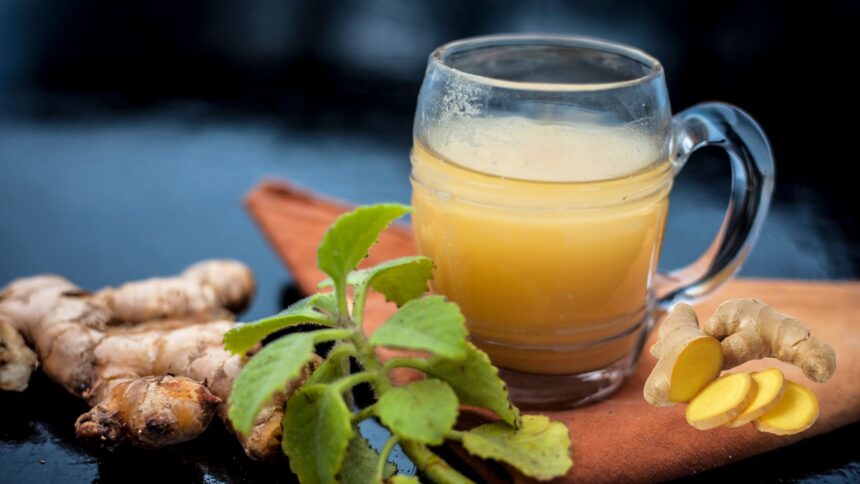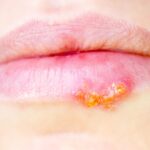Ginger water, a refreshing and aromatic beverage made by steeping ginger in water, has gained popularity for its potential health benefits. However, like any food or supplement, ginger water may not be suitable for everyone. In this article, we will explore who should avoid drinking ginger water and the reasons behind these recommendations.
Who Should Not Drink Ginger Water?
While ginger water is generally considered safe for most people, there are certain individuals who should exercise caution or avoid consuming it altogether. These include those with specific medical conditions, such as gallbladder problems, diabetes, or bleeding disorders, as well as those taking certain medications.

Ginger Water and Potential Contraindications
Gallbladder Issues
Ginger is known to stimulate the production of bile, which can be problematic for individuals with gallbladder problems, such as gallstones or inflammation. Consuming ginger water may exacerbate these conditions and cause discomfort or pain. Individuals with a history of gallbladder issues should consult with their healthcare provider before incorporating ginger water into their diet.
Diabetes
Ginger has been shown to have hypoglycemic (blood sugar-lowering) effects. While this can be beneficial for individuals with diabetes, it can also potentially cause issues if combined with certain diabetes medications. Consuming ginger water may lead to a further reduction in blood sugar levels, increasing the risk of hypoglycemia. Diabetic individuals should monitor their blood sugar levels closely and consult with their healthcare provider before adding ginger water to their regimen.
Bleeding Disorders
Ginger can have anticoagulant (blood-thinning) properties, which may interact with medications used to treat bleeding disorders or those taking anticoagulant medications. Consuming ginger water may increase the risk of bleeding or bruising in these individuals. It is essential for those with bleeding disorders or who are taking anticoagulant medications to discuss the safety of ginger water with their healthcare provider.
Gastroesophageal Reflux Disease (GERD)
Ginger can stimulate the production of stomach acid, which may exacerbate symptoms of GERD, such as heartburn, acid reflux, and discomfort. Individuals with GERD may find that consuming ginger water can worsen their symptoms and should avoid it or consume it with caution.
Pregnancy and Breastfeeding
While ginger is generally considered safe during pregnancy and breastfeeding when consumed in moderation, it is essential for pregnant and breastfeeding women to consult with their healthcare provider before incorporating ginger water into their diet. High doses of ginger may potentially have adverse effects on the developing fetus or nursing infant.
Medications
Ginger can interact with certain medications, such as blood thinners, diabetes medications, and nonsteroidal anti-inflammatory drugs (NSAIDs). Individuals taking these types of medications should consult with their healthcare provider before consuming ginger water to ensure safety and avoid potential adverse interactions.
Conclusion
Ginger water can be a refreshing and potentially beneficial addition to one’s diet, but it is essential to be aware of the individuals who should not consume it. Those with gallbladder issues, diabetes, bleeding disorders, GERD, and those who are pregnant or breastfeeding, as well as individuals taking certain medications, should exercise caution or avoid ginger water altogether.
By being informed about the potential contraindications and consulting with a healthcare provider, individuals can make informed decisions about the inclusion of ginger water in their daily routine. This ensures the safe and effective use of this natural beverage, allowing people to enjoy its potential benefits while minimizing any risks or adverse effects.




